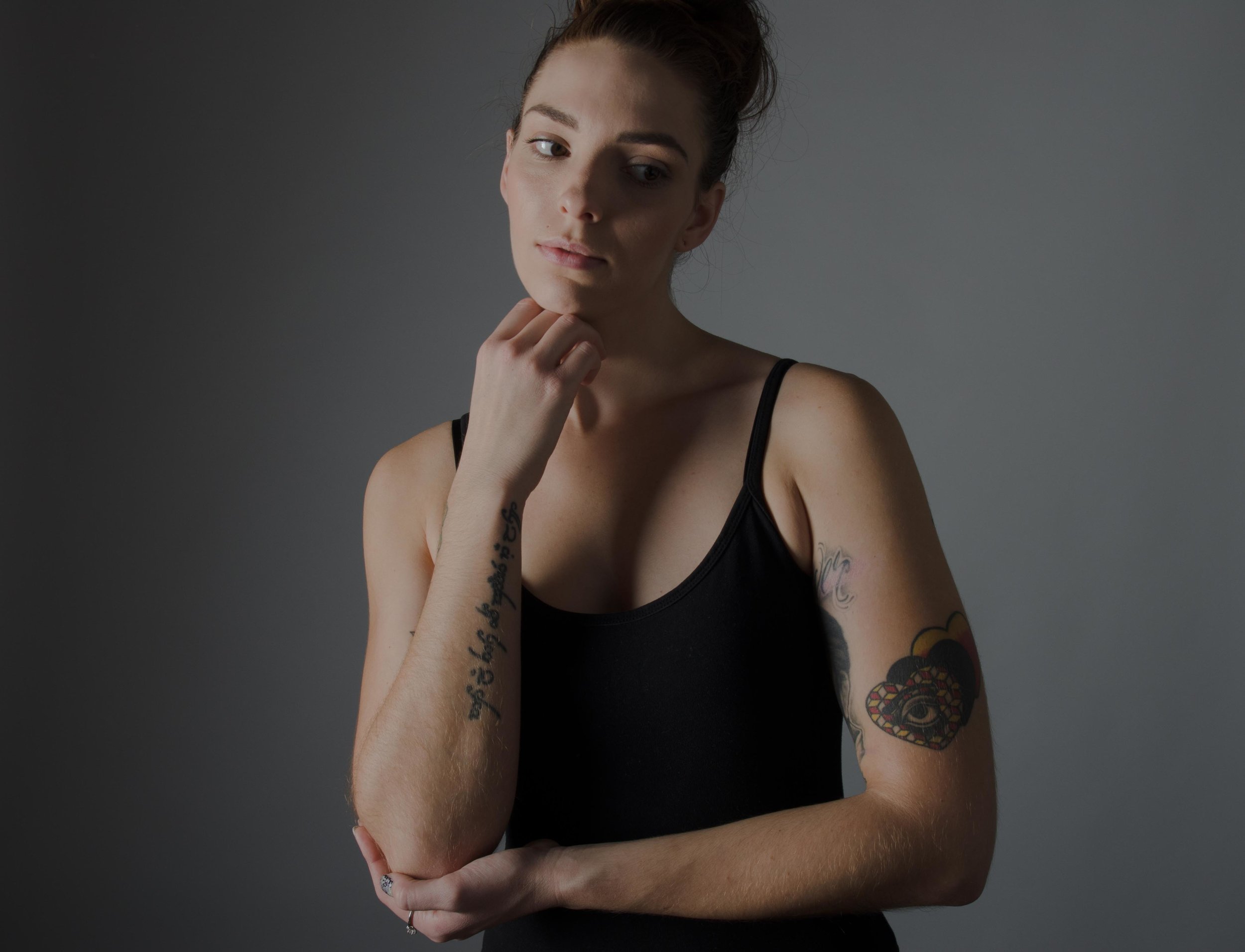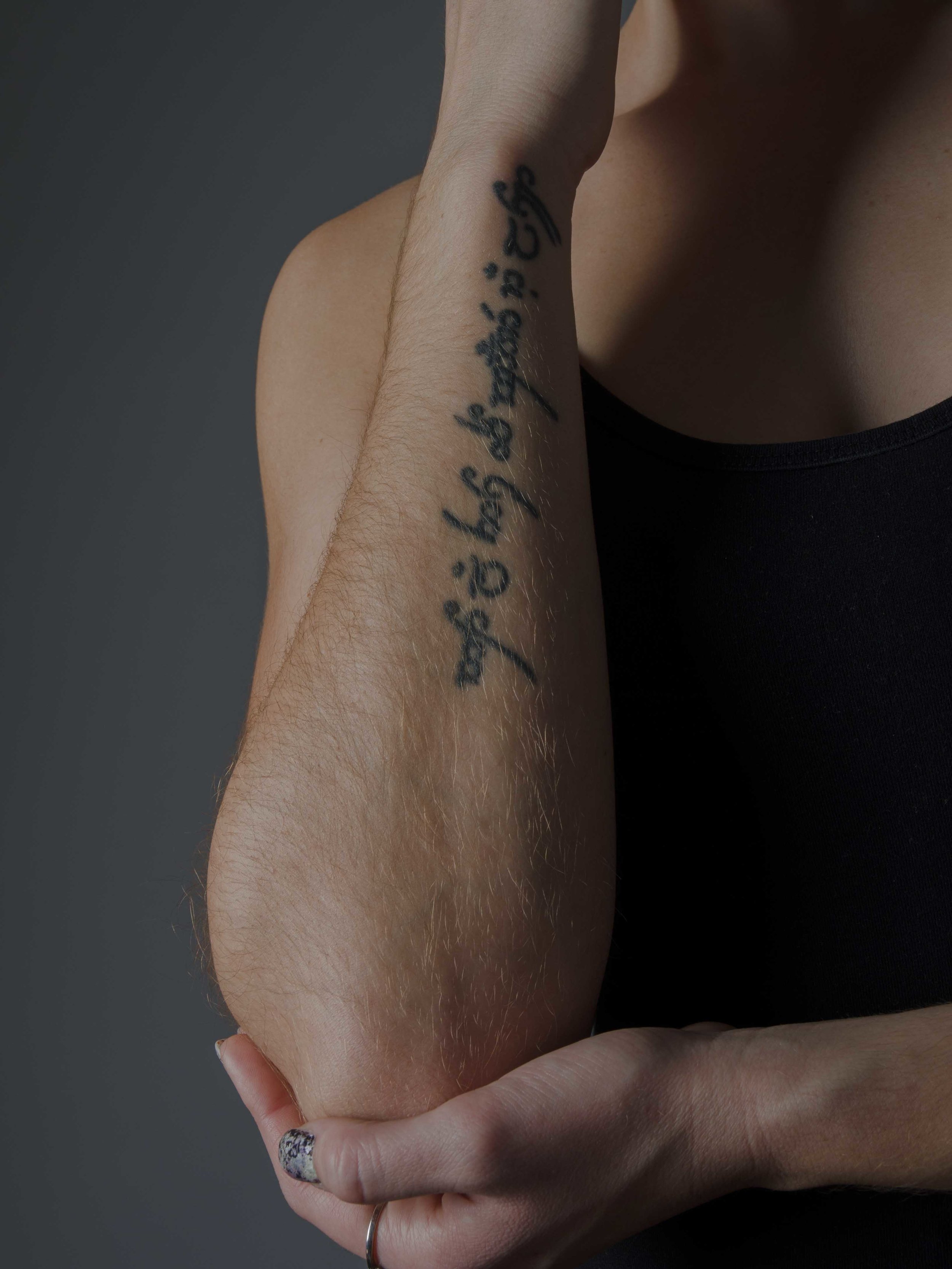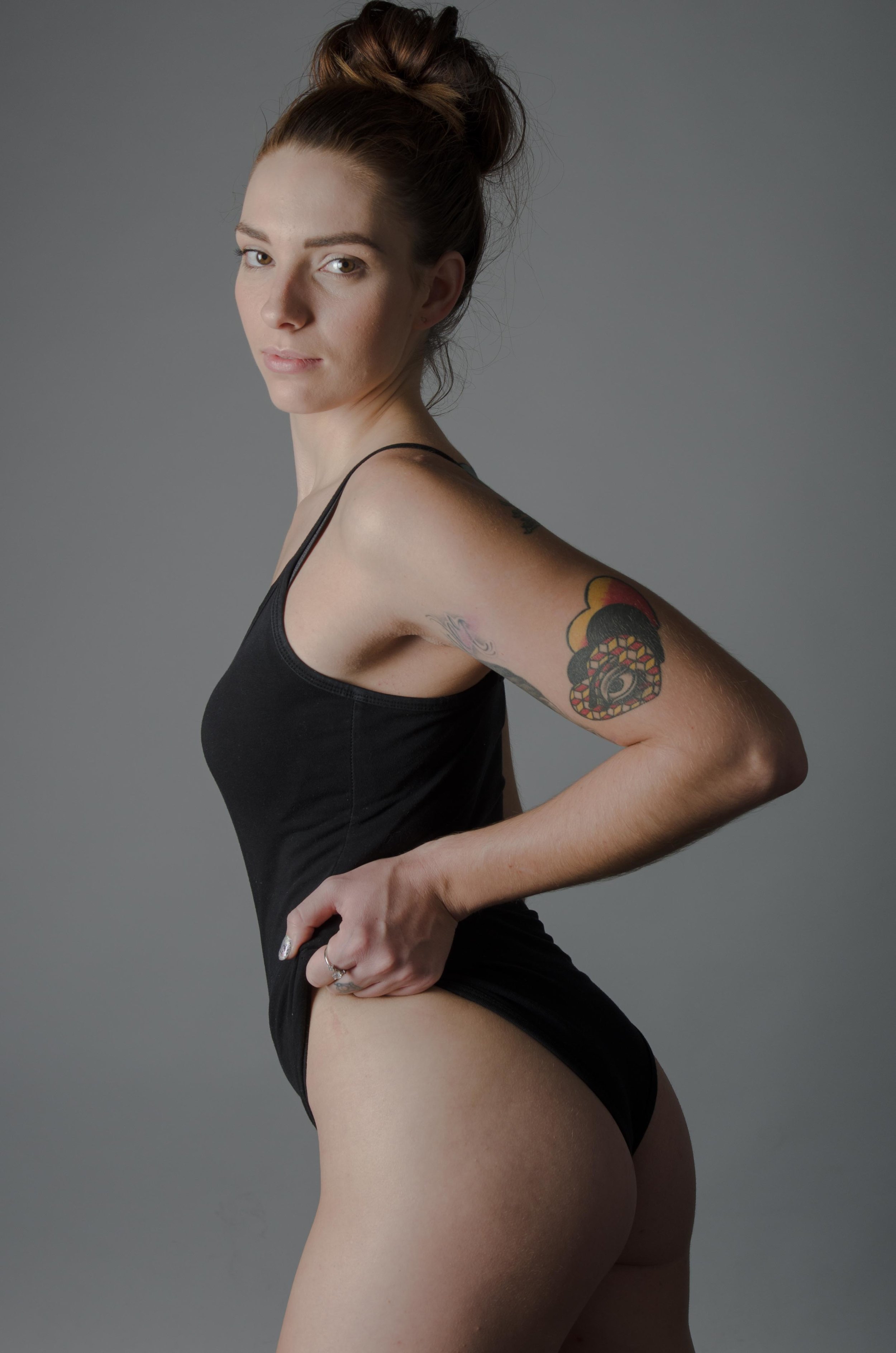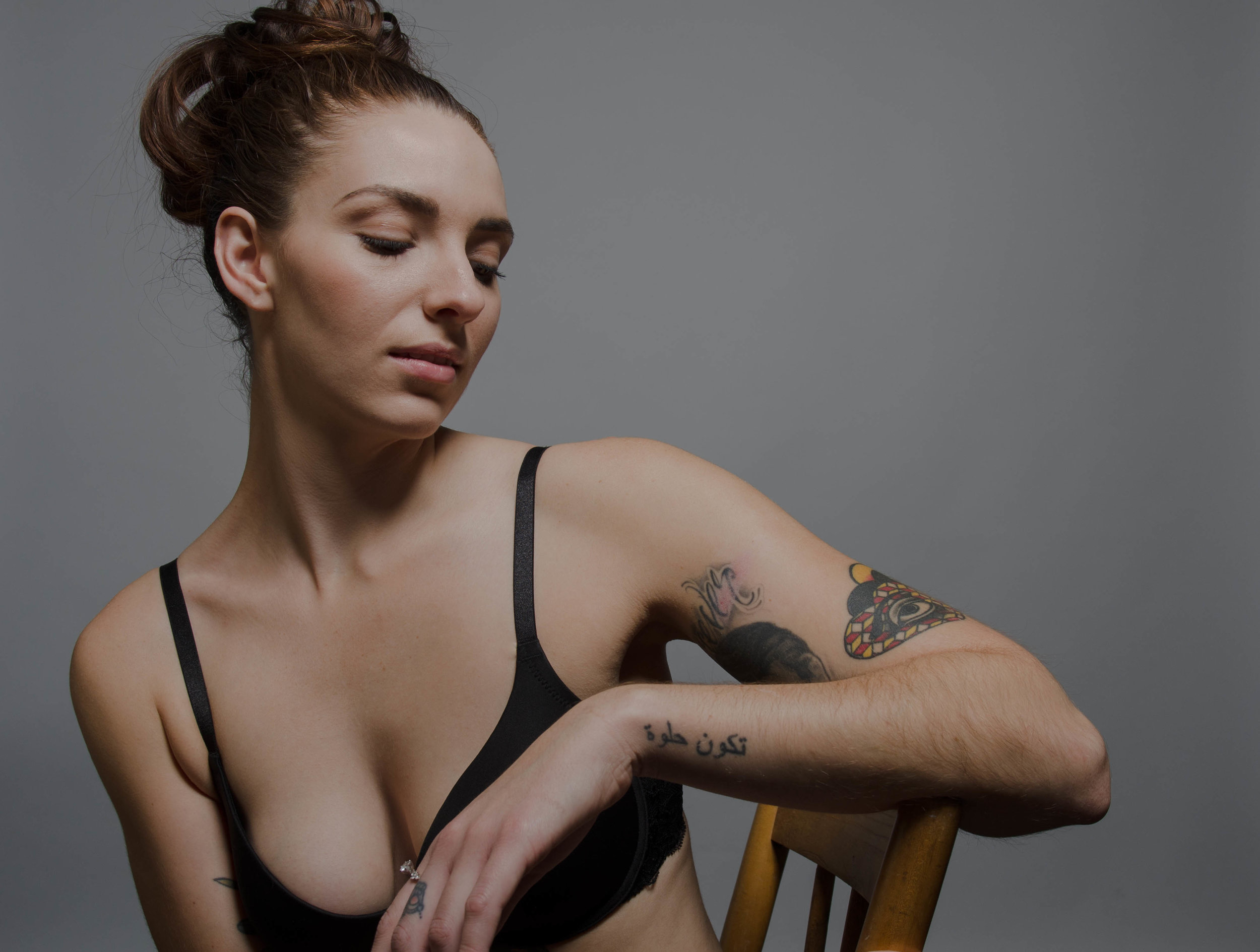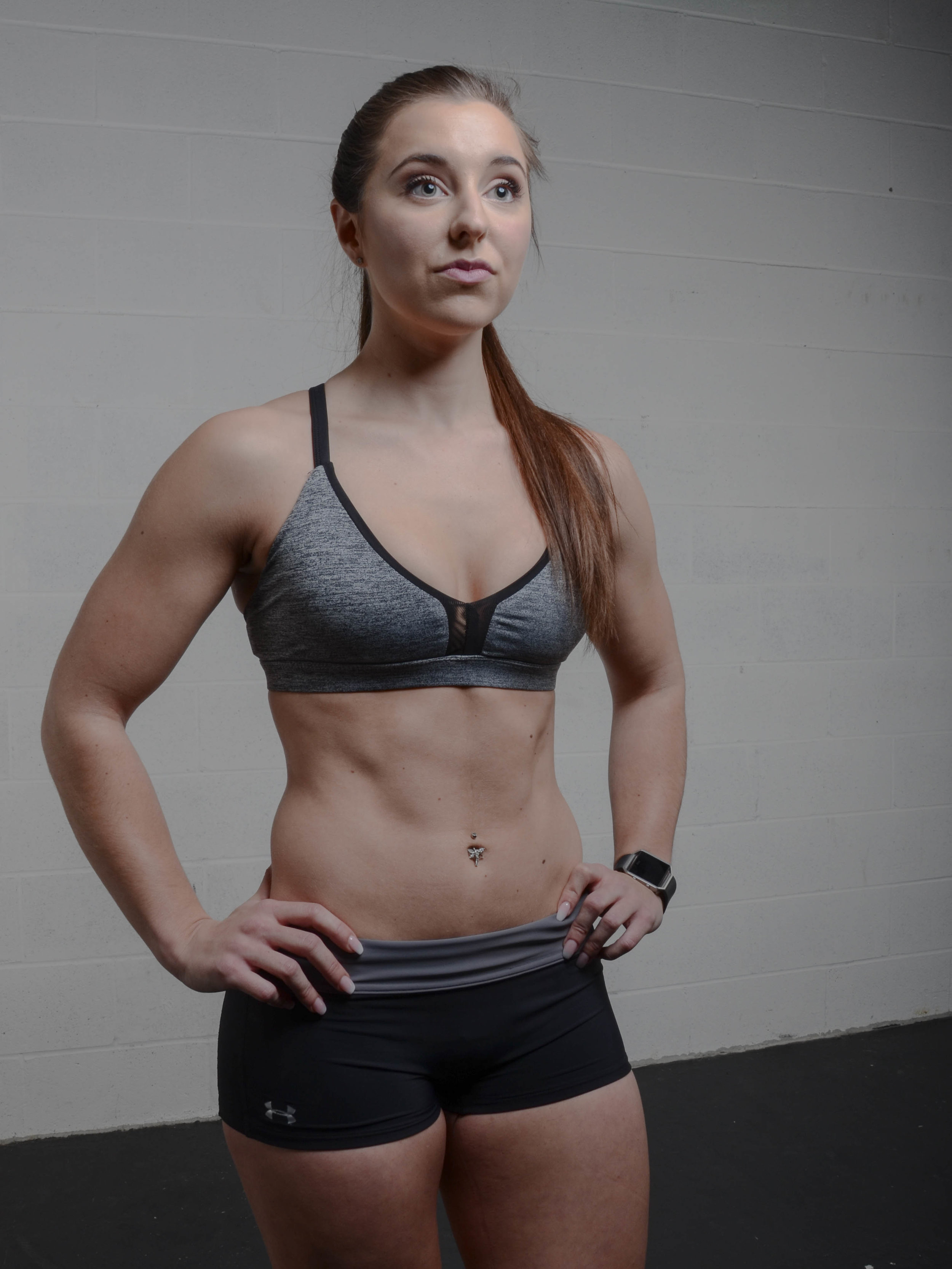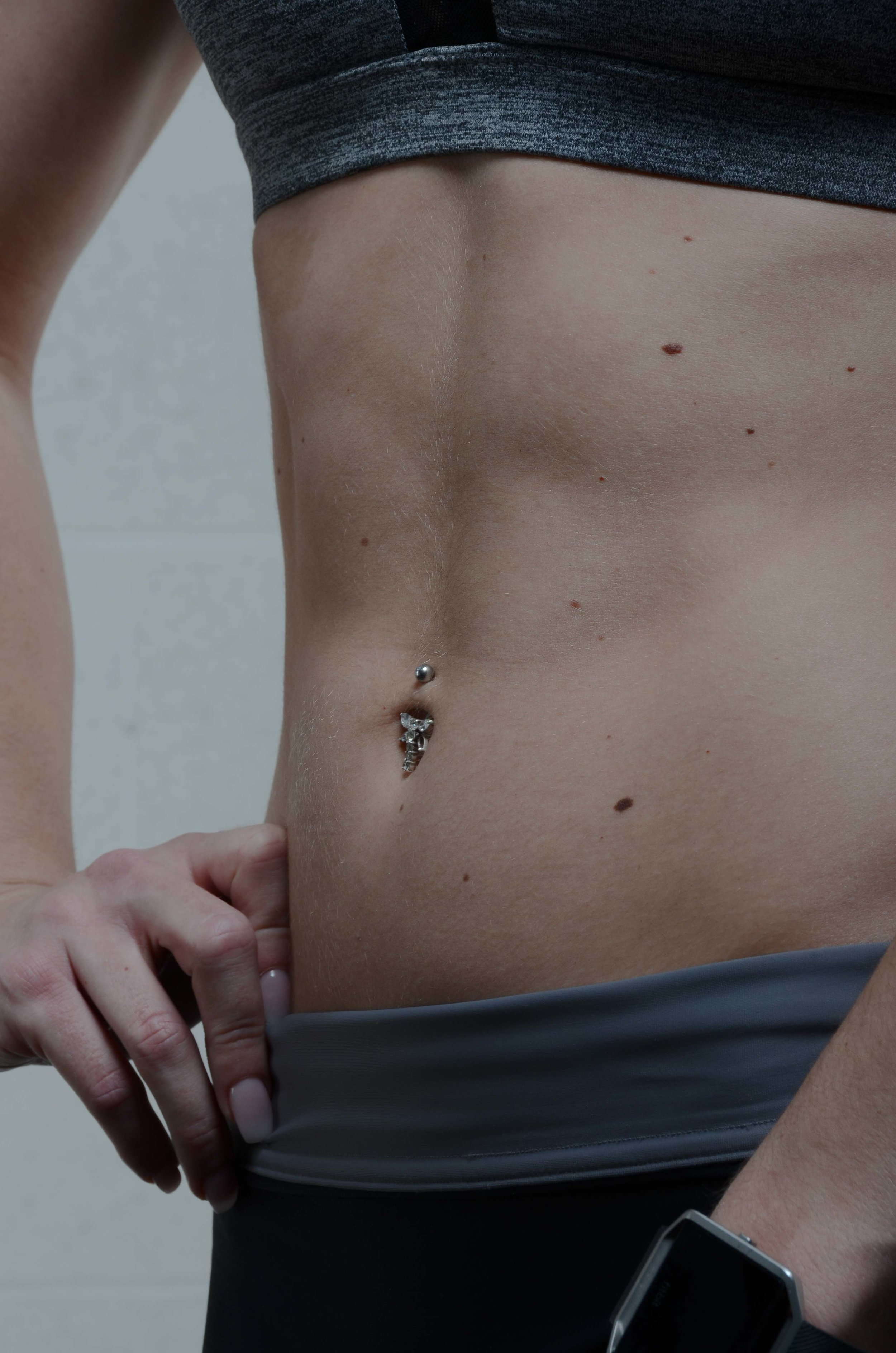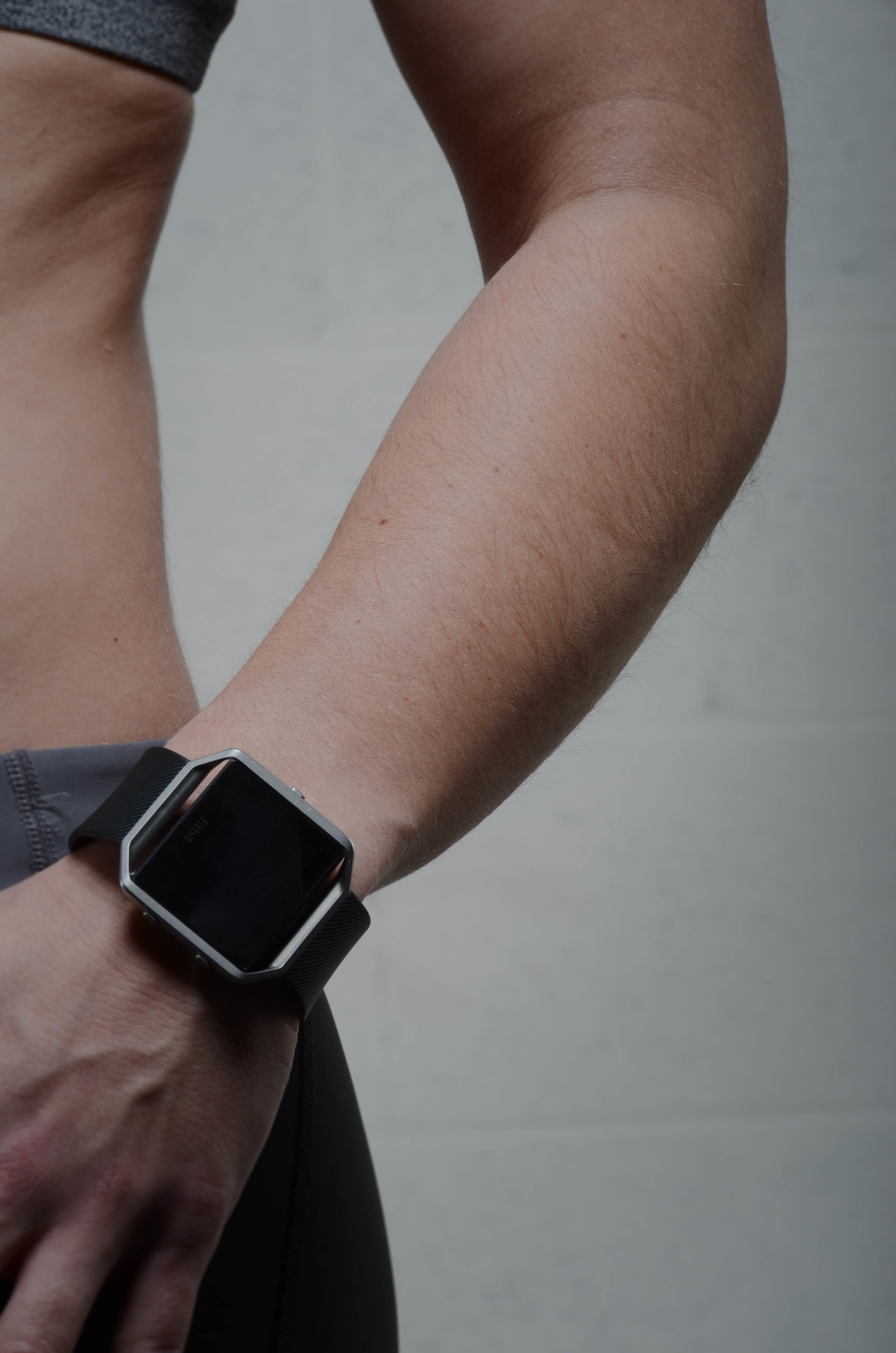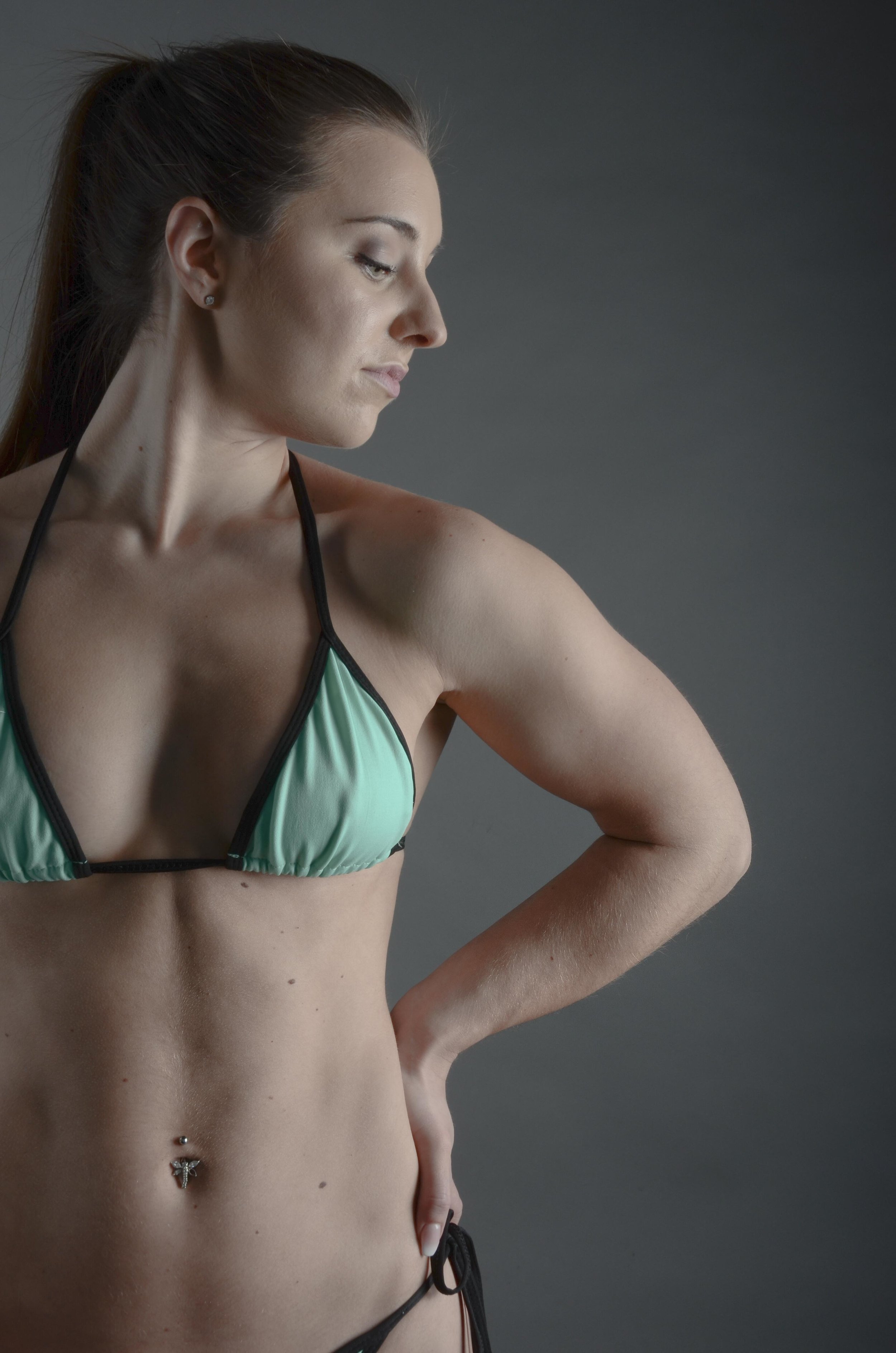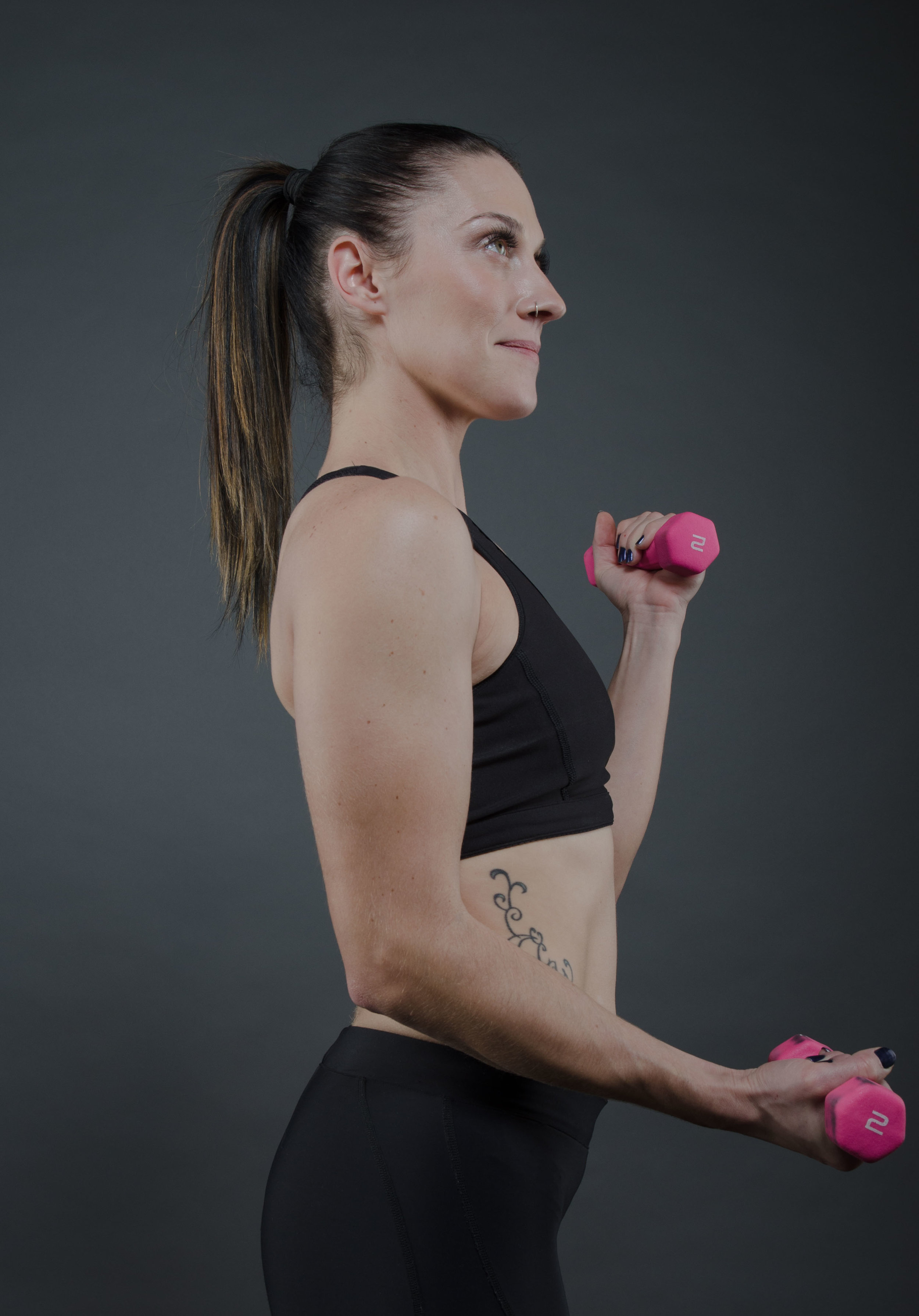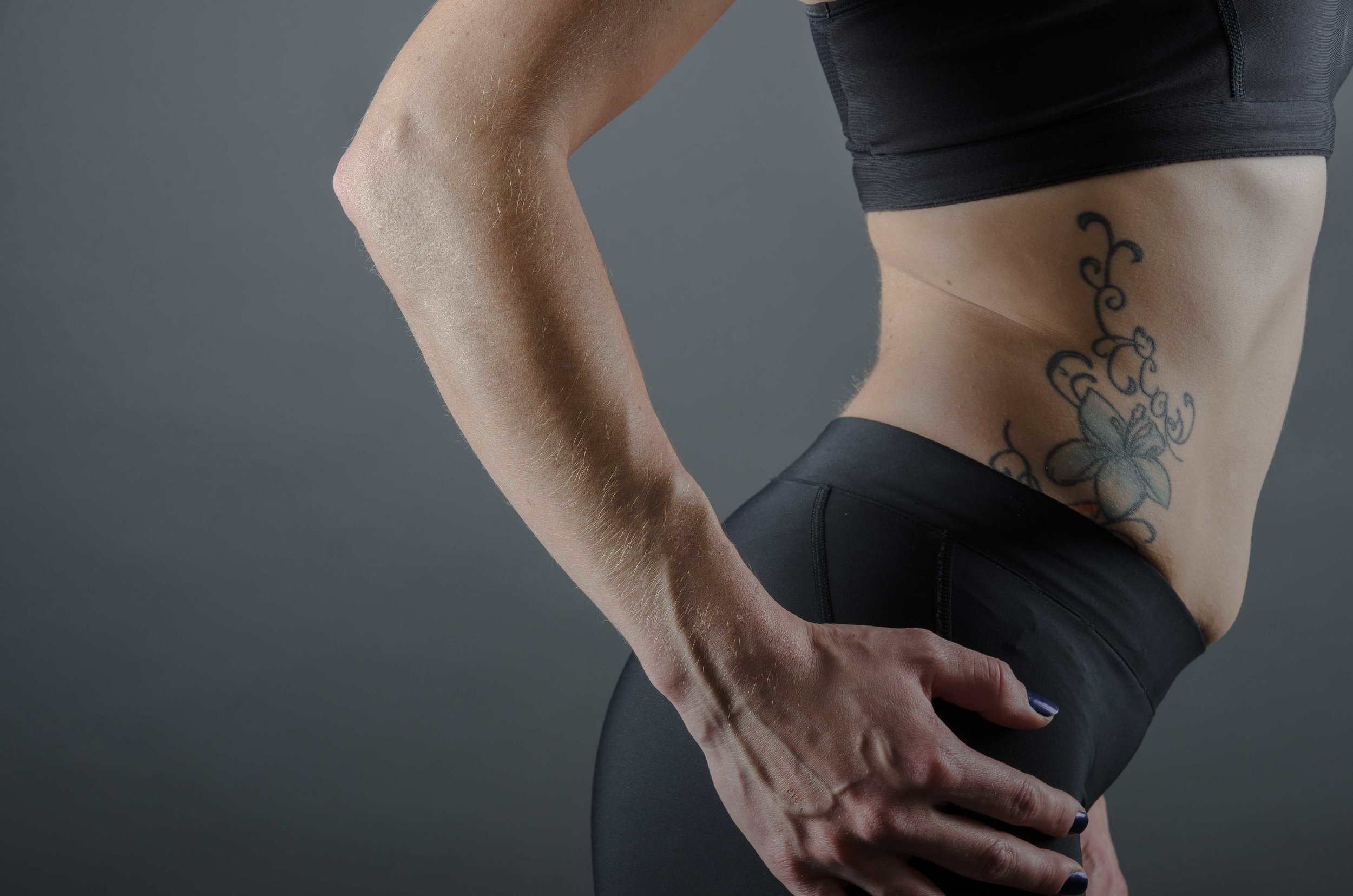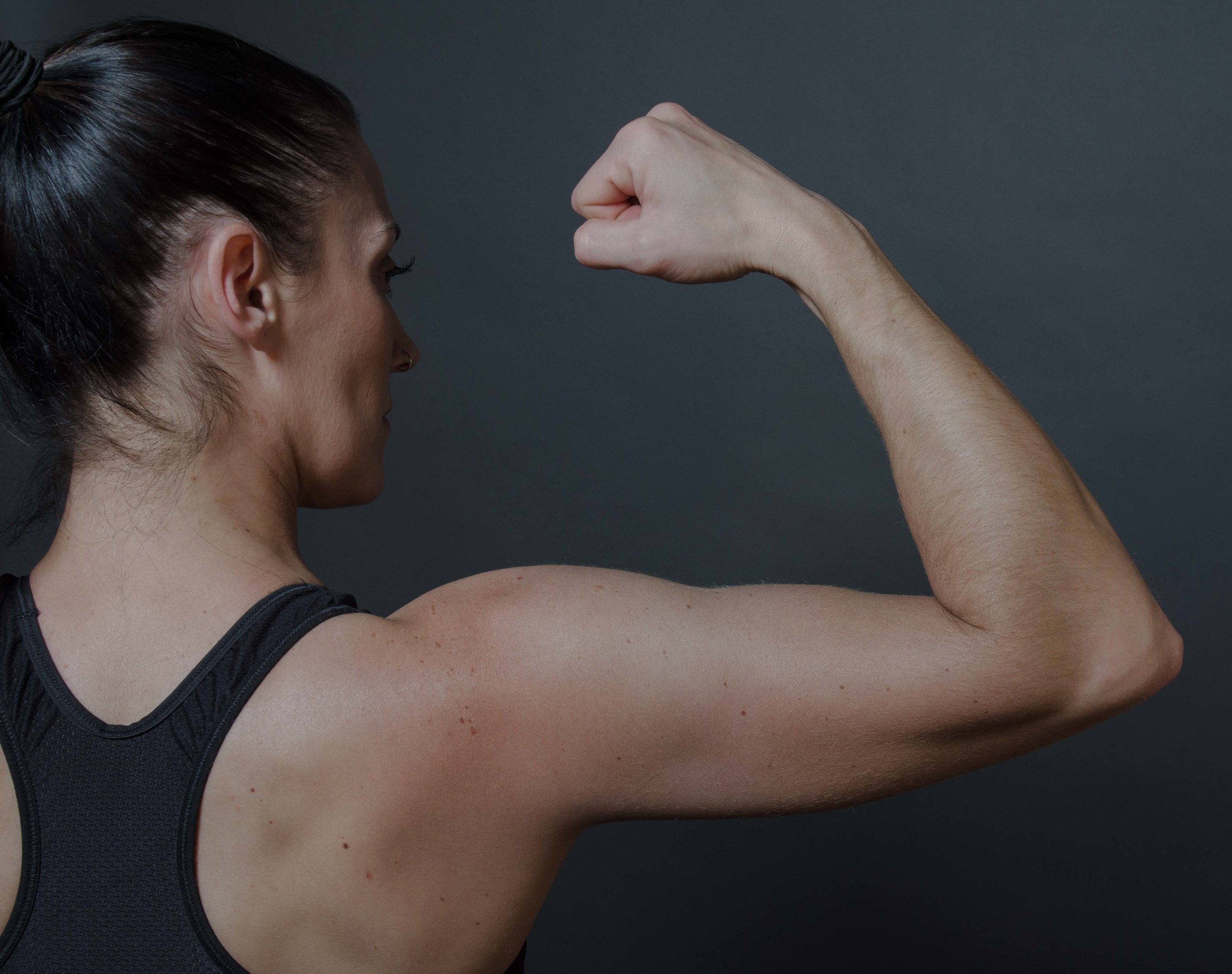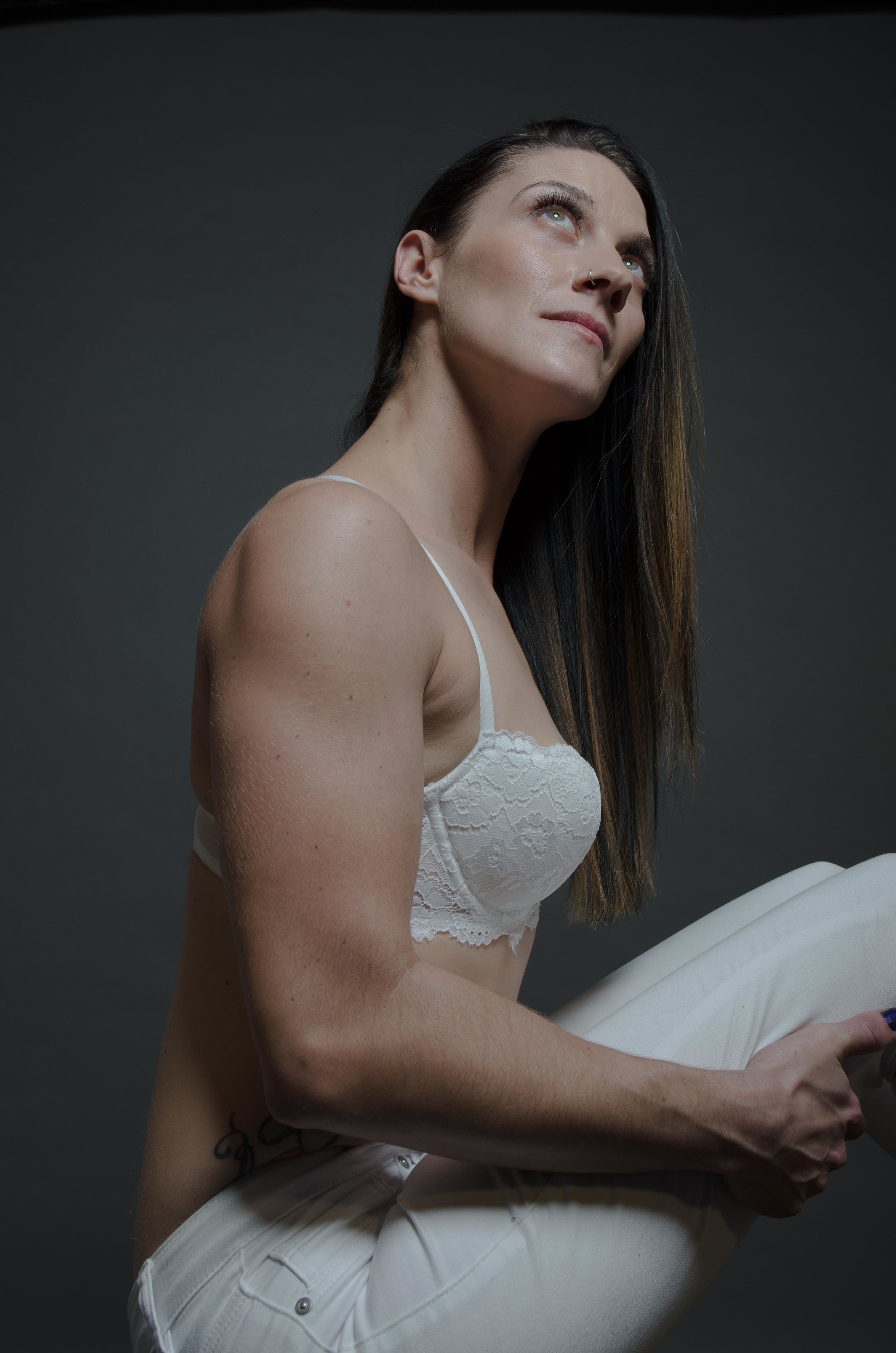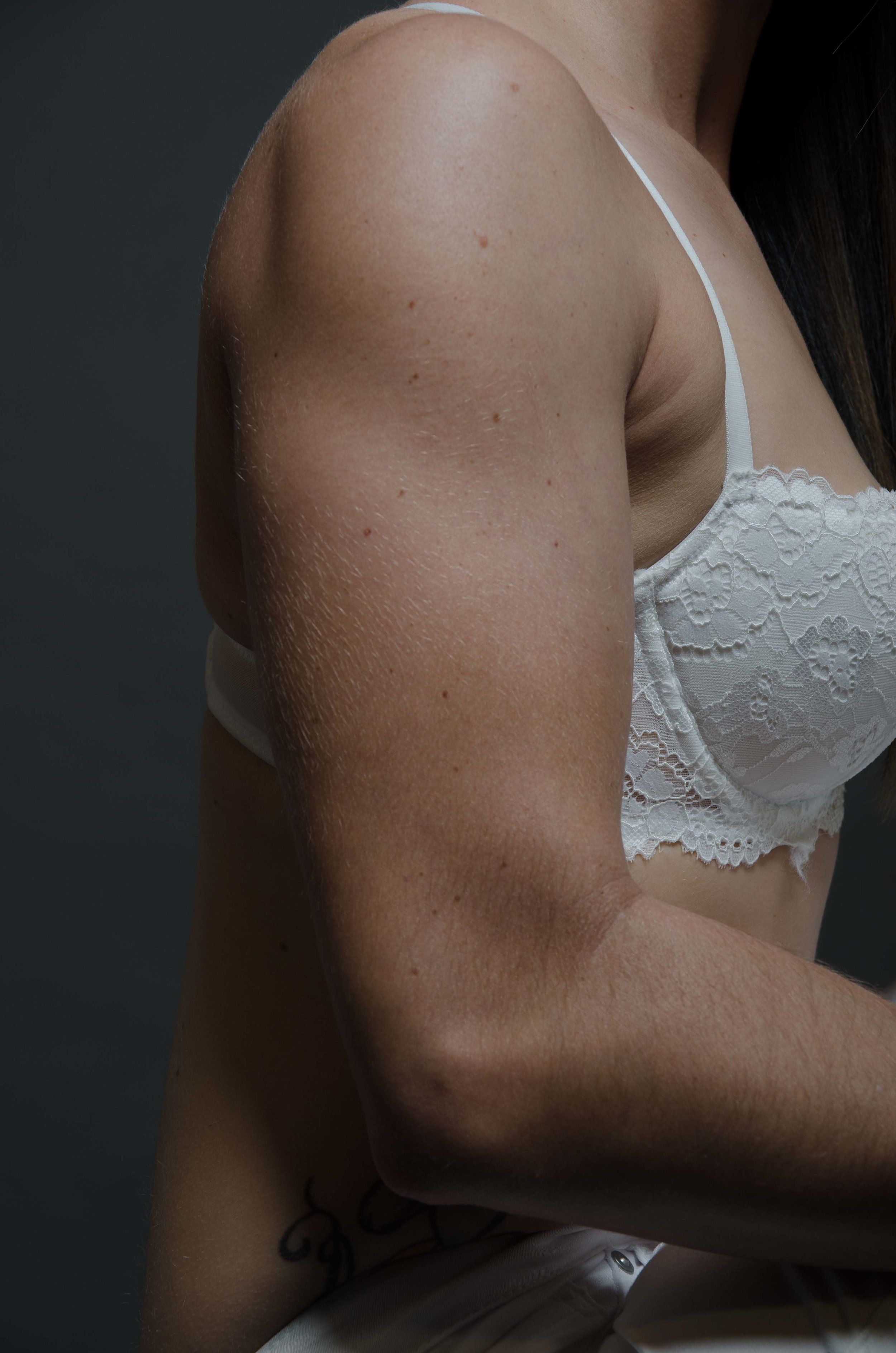The human body is among the most complex biological systems in nature; its appearance, its function, its variation, its adaptation, all the subject of extensive ongoing academic study. And so, the average person lacks understanding of its capabilities, maintenance and limitations, contributing to world-wide poor health both physically and mentally; poor physically with preventable conditions like obesity and poor mentally with widespread lack of self-confidence and optimal self-care. Even here in the developed world, the lack of simple, unadulterated self-love runs rampant.
A key to transforming that poverty however is lying under our nose, and some of us have it figured out; it is a realization, a connection of cause and effect relating to the biological system that is our body, our entire physical "self". I'll call this realization the “aha” moment. The "aha" moment happens when a person makes the connection between what you do to your body and how you feel about your body and how your health is. With the key in hand, this knowledge having been transferred, it is evident that the practise of self-love and self-care matters down to the smallest hair on your body.
When you begin to truly care about your body you find out what your body needs to be properly and optimally fuelled, and you put it in. You find out what the most beneficial foods are for your personal situation, and you invite them into your life to the exclusion of others, for the sake of good health and optimal function of that biological system, your body.
When you begin to truly care about your body you find out how it needs to move and how it should not move and you keep doing what it needs and stop doing what it shouldn't do. You put in the work to motivate certain areas of your biological system for improved strength and performance, or to get your goals accomplished. Contrast that with those who do not truly care about their bodies and have expectations that they can live any lifestyle they choose, augmented with pills to force or trick the biological system into doing something unnatural.
When you truly love your body, the decision to wear red or white only matters if you think you’ll spill wine on yourself and, you will be simultaneously informed about how much wine to drink and with whom. When you can connect the cause-and-effect of all body-talk inside your head you can start to break down former comparisons that used to define your concept of beauty and actually love yourself down to each individual, tiny little hair.
Hair, the innocent bystander that it is on most places around the human body, has a bad reputation in conversation and has become in recent years, something that some people dislike about themselves. Until the "aha" moment happens, hair is that one natural human trait that can sometimes be found alongside words such as imperfection, flaw, bad, unwanted, or worse; ugly. Enter the "aha" moment, and a person can finally draw connections to words such as integral, complex, suitable, natural, needed, or even beautiful.
The "aha" moment brings people a choice, a real choice, a choice without loss, a free choice, and from that choice self-confidence and love for our bodies flow through acknowledgement of their uniqueness and astonishment of their wonder. Our bodies, with variations in the bones, the skin, the musculature and the hair exist in billions of forms and make each and every person on earth completely unique, completely lovable. Complete in its natural form and needing of nothing more or nothing less when at optimal self love, self care and health, and where beauty flows as a self-evident truth instead of a judgement or comparison. For me, that is where the feeling of completeness, happiness and satisfaction endures.
For Project #WWHA, Human Contours is my expression of just a small fraction of the wonder and beauty that is the human body. Human Contours explores the body’s intricacies, musculature and minutiae… down to the smallest hair.
See the full presentation gallery here, at the Human Contours project page.
